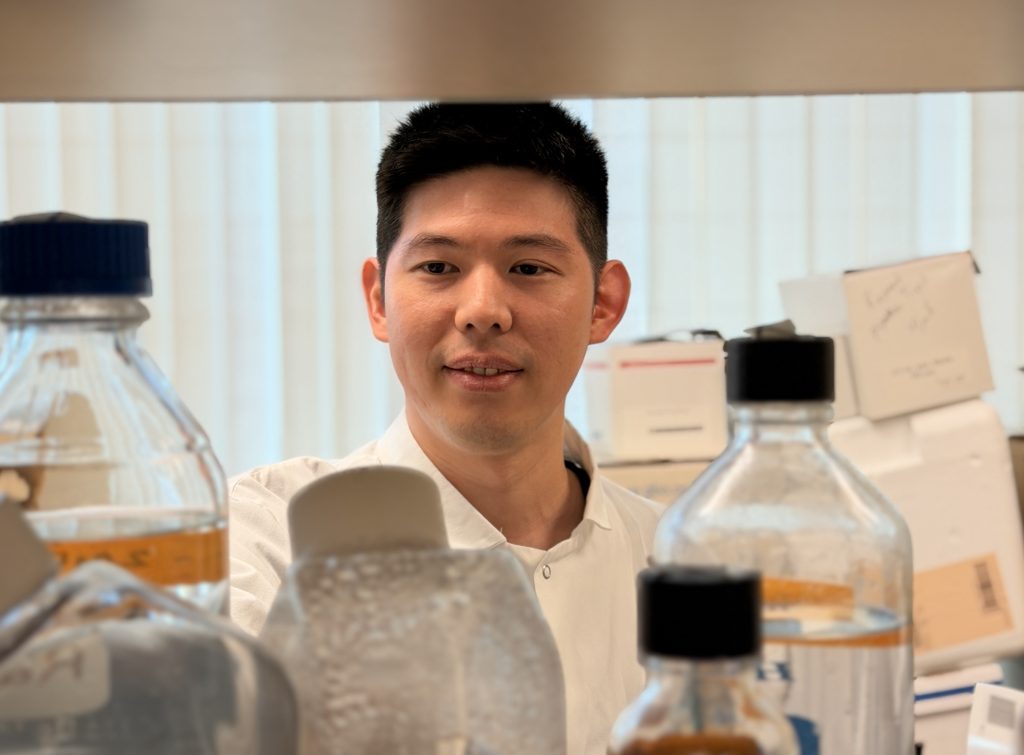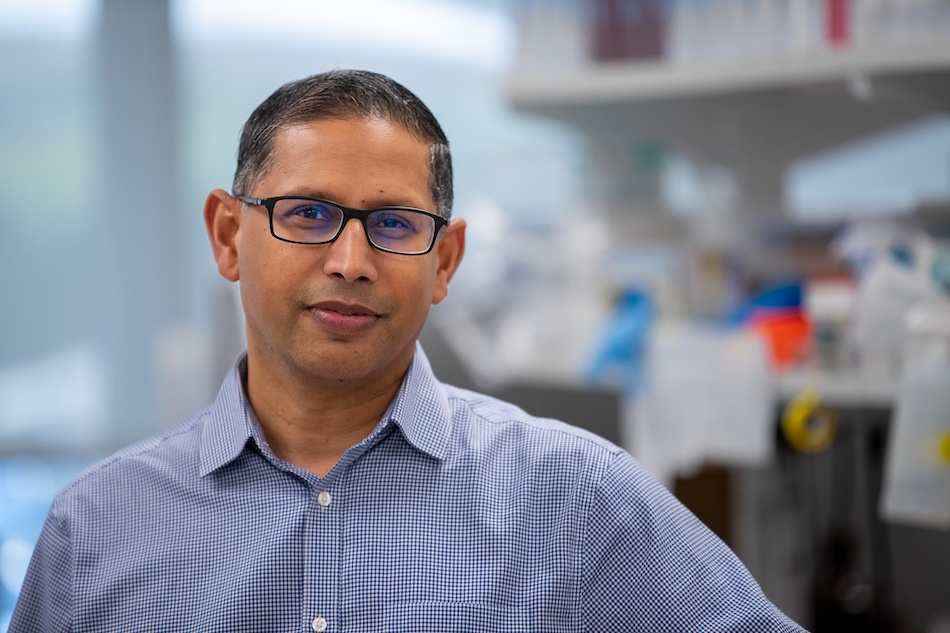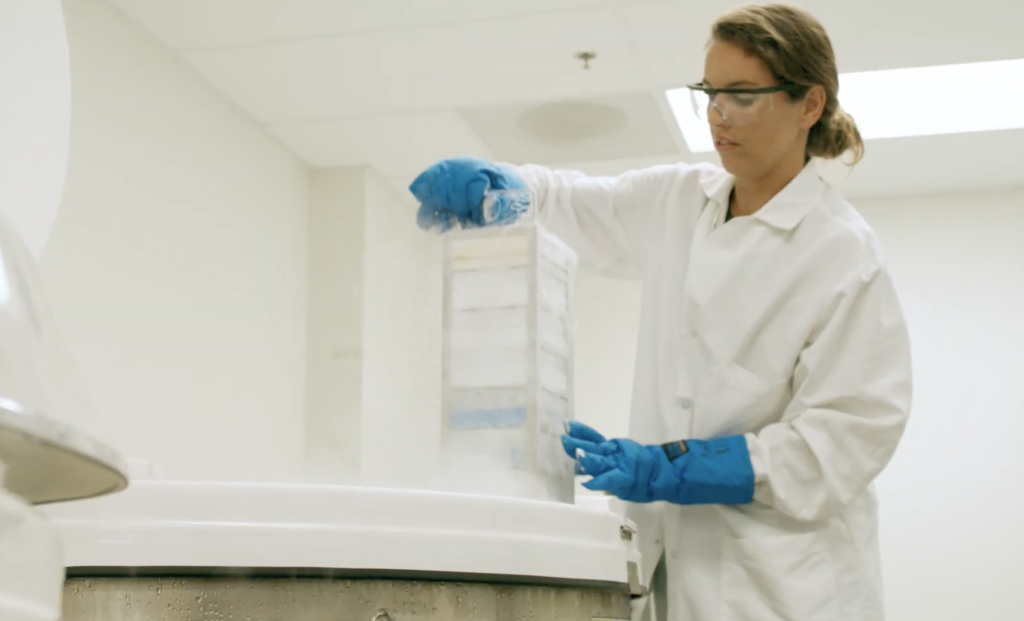LA JOLLA—Scientists at La Jolla Institute for Immunology (LJI) have received a new grant of more than $2.3 million from the National Institutes of Health’s National Heart, Lung, and Blood Institute to study how a family of molecules called integrins helps the body fight disease. The research could open the door to new cancer therapies or treatments for autoimmune diseases.
“Once you understand integrin activation better, you will have new targets for drugs,” says Professor Klaus Ley, M.D., who will spearhead the five-year project at LJI.
The work is part of a larger collaboration led by Professor Mark Ginsberg, M.D., of the University of California San Diego School of Medicine. Overall, the National Heart, Lung, and Blood Institute has granted more than $11.8 million to the research teams working under Ginsberg.
Ginsberg commented: “A major strength of this program are the remarkable synergies amongst established senior investigators such as Dr. Ley with a leading academic hematologist, Dr. Sanford Shattil, and a very productive early career Vascular Biologist, Dr. Miguel Alejandro Lopez-Ramirez, and myself at UC San Diego. This NIH award enables these interactions which are facilitated by analyses of hemostasis, thrombosis, and inflammation in genetically-modified mice in a Scientific Core led by Prof. Wolfgang Bergmeier (University of North Carolina), an exceptional mid-career scientist.”
Ley’s laboratory will be leading the effort to image integrins, signaling and adhesion molecules that sit on the surface of white blood cells. White blood cells normally swim along in the bloodstream without interacting with other cells. When a threat appears, integrins get signals to activate and change their shape to make a white blood cell “sticky.” These sticky cells can then leave circulation, attack pathogens or move into tissues to respond to infections or even cancer.
Integrin activation changes white blood cells dramatically. “You can think of the change in integrins like a light switch. It’s normally off, so your white blood cells can swim in the blood and not do anything,” says Ley. “But when it’s on, it’s 10,000-fold more on.”
Integrins’ power over the immune system has made them an important target for drugs that aim to dial back autoimmune responses. For example, highly successful antibody-based therapies for Crohn’s disease and multiple sclerosis disrupt integrins as a way to stop white blood cells from mistakenly damaging the body’s own tissues.
The problem is that scientists still do not know exactly what makes integrin change its shape. “We know bits and pieces but we don’t know fully how integrin activation works,” says Ley.
For the new project, Ley will use an imaging technology called TIRF, which the Ley Lab has adapted to study moving cells, to track the sequence of events and signals that trigger integrin activation. His work will interface with the work of the other investigators who study topics ranging from how biochemical signals control integrin activation, how blood vessels can be modified to prevent thrombosis and inflammation, and new mechanisms by which platelets, which are usually studied in hemostasis, can contribute to inflammation.
The new project is NHLBI grant number 1P01HL151433.



